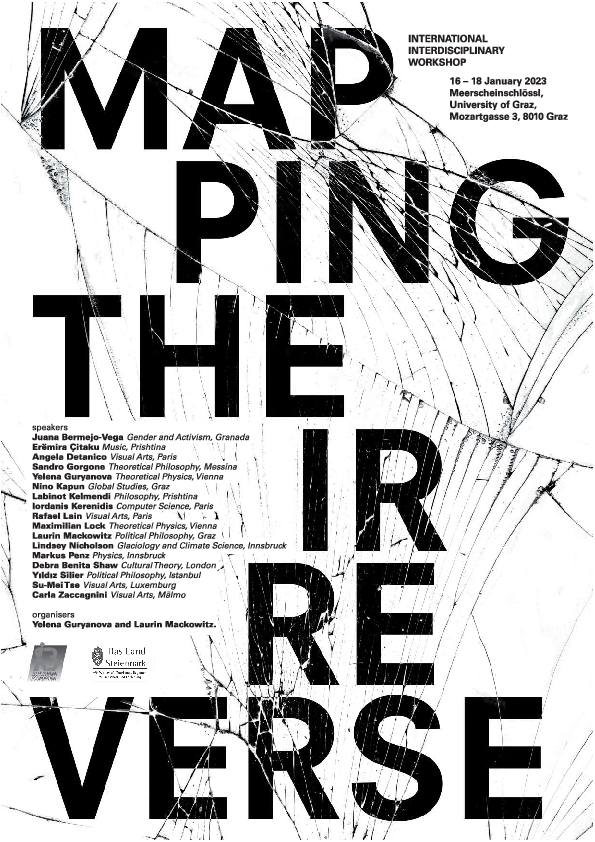Despite our experience that life passes irreversibly, we notice that for some systems, it is often possible to reverse, or undo, an action. For instance, this could be deleting a letter from a text on a screen, picking up an object from the floor, or making peace after a fight. Each time, these little rewinds require a certain amount of work to be invested. But exactly how much work must be put in to reverse an action? If the item dropped on the floor is a glass, which shatters into hundreds of pieces, ‘undoing’ this event looks hopeless — it is too much work. Where is the tipping point that distinguishes our ability to undo our circumstances?
Puzzlingly, in quantum mechanics, the equations seem to suggest that in principle all actions are reversible. How long would it take to arrange the pieces of smashed glass back into their original shape? Here, the complexity of the task appears to prevent us from reversing it. Humans face irreversibility in their struggle against death, which appears to be the ultimate tipping point from where no coming back is possible. This experience of liminality is not only embarrassing to the aspiration for eternal youth, it also determines the structure of societies. The problem of irreversibility interlocks the need for conservation, retaliation, or redemption with the opportunity for forgiveness, destruction, abolition, and progress. For eight years painter and sculptor, Marcel Duchamp worked on his piece “Large Glass” before premiering it in 1927. After the exhibition, the sculpture was accidentally broken, and upon seeing his installation in pieces, Duchamp declared that the work was finally finished. For Duchamp undoing the seemingly irreversible was not an insurmountable quantity of work, it was in fact a source of pleasure.
